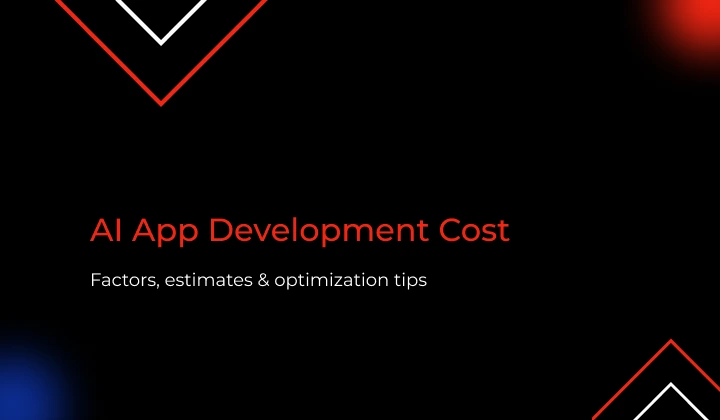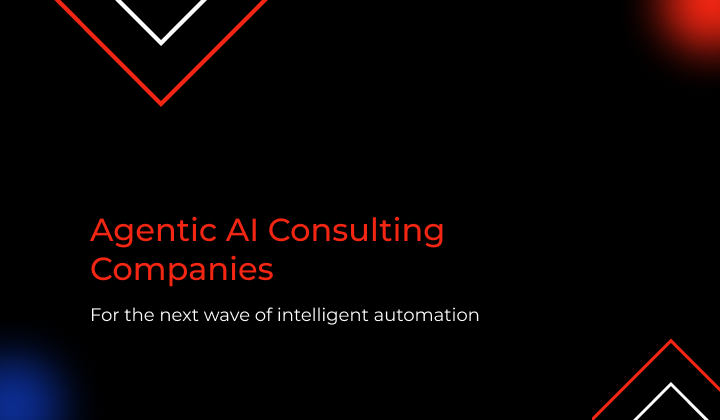Specialized in engineering agentic systems for real-world operations across HR, Finance, Retail, Logistics, Insurance, Manufacturing, etc.
Azilen focuses on building agentic AI systems that operate inside complex enterprise environments. Their approach stands out for combining product thinking, system design, and AI orchestration. From reverse logistics to HR copilots, Azilen delivers full-stack agent systems that read data, act across workflows, and improve through signals. Their strength lies in deep integration that works across legacy ERPs, CRMs, cloud-native platforms, and domain-specific rules.
Azilen develops agents that go beyond task automation. Their systems manage decisions, coordinate between tools, and align with frontline outcomes. For example, they implement agents that handle SKU-level returns, update employee records through Workday APIs, and optimize retail instructions based on regional data trends. Their engineering team works alongside product and ops leaders to design agents that support business logic, regulatory constraints, and tech stack compatibility.
Key Strengths
✔️ Expertise in LangGraph, AutoGen, CrewAI, and RAG pipelines
✔️ Strong integration with Workday, Greenhouse, SAP, Salesforce, Oracle, ServiceNow, and more
✔️ Supports multi-agent systems with fallback layers and human-in-the-loop logic
✔️ Deployment flexibility: cloud-native, hybrid, and VPC-secure environments






 23 mins
23 mins











 Talk to Our
Consultants
Talk to Our
Consultants Chat with
Our Experts
Chat with
Our Experts Write us
an Email
Write us
an Email







